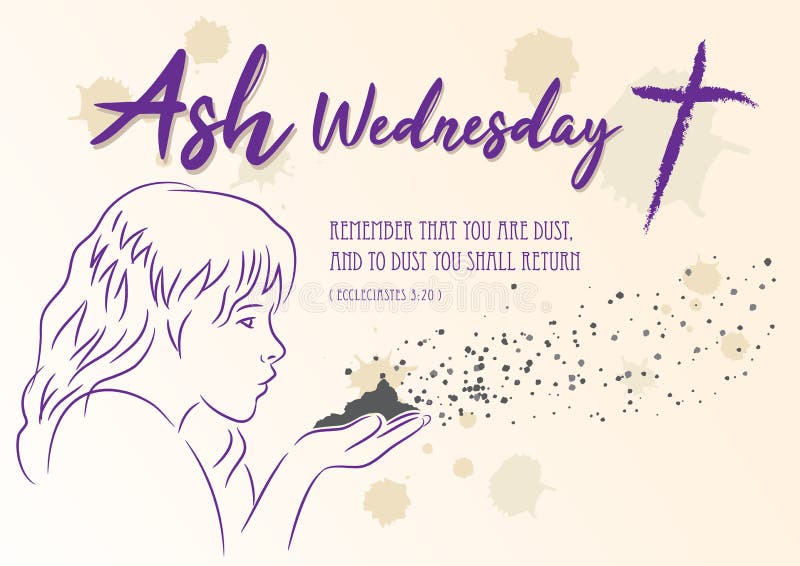

Adam and Eve were condemned to dust as they departed from the tree of life. In Jesus, the meaning of the ashes is recapitulated and reversed. As a sacramental, the ashes we receive encompass the whole sweep of Scripture, from Genesis to Jesus. In particular, the cry for water above is recapitulated in Christ thirsting on the cross (in John 19:28).Īshes then at last bring us to the foot of the cross. This psalm points us forward to the New Testament, where the gospel accounts of the crucifixion repeatedly allude to it. My God, my God, why have you abandoned me? In Psalm 22, a similar motif applies to the humble righteous pleading with God for salvation: Likewise Nineveh after the preaching of Jonah: When the news reached the king of Nineveh, he rose from his throne, laid aside his robe, covered himself with sackcloth, and sat in ashes, (Jonah 3:6). I disown what I have said, and repent in dust and ashes, (Job 42:6).

Its how Job described his repentance after questioning Gods justice. It was postponed, this gave Adam and Eve and their descendants time to repent.Īshes then came to also symbolize repentance. Second, this meant that there was also a limit to his suffering. First, in limiting the term of life on earth, the extent of mankinds sin was correspondingly curtailed. In the sentence of death, early Church commentators saw three aspects of Gods mercy at work. The ashes, then, also remind us that we are sinners facing the punishment of eventual death.īut even in this message there is an undertone of hope. They were then punished by means of their own sincondemned to rest in the dust, that is to die and be buried in the ground. Rather than rising to their divine calling, the first man and woman sank back into the dust. Rather than pursue what is eternal and invisible, Adam and Even became captivated by the temporal and visible. Of course, in the Fall, all this went horribly awry. There is a noble humility to the original human condition. The ashes then, remind us that we are compound creatures: called up from the very dust to set our sights on the heavens. This means that everything we have derives from Him. Genesis 1:26-27 informs us that we are made in the image of God. So, before we take the Fall into account, the ashes on our forehead remind us something about the human condition. Then the Lord God formed the man out of the dust of the ground and blew into his nostrils the breath of life, and the man became a living being.

These words also allude back to the creation of man in Genesis 2:7, They are the contained in the curse of Genesis 3:19 that is visited upon Adam after the eating of the forbidden fruit. The words accompanying the rite of ashes should ring familiar to Catholics who know their Bibles. Because nothing gets your attention like someone drawing ashes on your foreheadas a symbol of your death, no lessin the shape of an instrument of lethal torture. Apparently, getting told that you will one day rot in the ground is not something one gets used to.Īnd that seems by design: Lent stops us dead in our tracks in a way that other liturgical seasons do not.

But I know lifelong Catholics who are also unsettled by these words. I was still relatively new to the Church at the time, so I could have only heard these words a few times before.


 0 kommentar(er)
0 kommentar(er)
